Mapping and Networks for Solidarity and Campaigning
What is the project about?
This project was funded for two years by the Reaching Communities programme of the National Lottery Community Fund, through the Cornerstone Fund programme, 2019-2021. We explored mapping of our network in an active, accessible, dynamic and sustainable way that moves beyond ideas about directories, lists or static forms of mapping and enables civil society organisations and groups, campaigners and activists across London to connect, collaborate, make themselves visible and build solidarity. We are currently seeking new funding to continue this valuable work .
The Objective
These were to co-design and co-produce with equalities focused community groups and campaigners in London an accessible, inclusive and effective set of resources to enable them to:
- better connect with each other across different parts of London and across specialisms
- share resources
- increase visibility
- build support around campaigning and voice work
- build solidarity
And to improve network building for these purposes.
The partners aimed to do this by conducting extensive engagement and needs analysis with small, grass roots and user-led equality groups across London, and work with them to co-design a system that is accessible and supports them to be better connected and have improved voice and influence.
It was envisaged that we would produce a model map, and to pilot and test this with our participant groups, and use it to undertake network analysis, which will in turn would be used to help groups make new connections, contribute to consultations and policy work. As this was an experimental project, we changed our approach and instead explored different options via three experiments. From this we could put forward tried and tested models which could be scalable and for which we hope to seek further funding to develop.
Systems Change
We know that many small civil society groups in London, particularly those that are small, grassroots, user-led and involving experts by experience, function within systems of support and collaboration defined by their geography and/or specific specialisms, not because this works better for them, but due to constraints of time, information, resources or support to cross these boundaries. The project will enable groups to move through these invisible but very real systems boundaries and strengthen their voice and influence, and enable much enhanced solidarity and collaboration.
Key contact: hear@hearequality.org.uk
Our partners
HEAR as lead partner is excited to be working with 3 other specialist equality networks enabling the project to reach the small grass roots and user-led groups that it is designed to support.
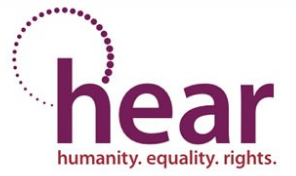
HEAR Network:
HEAR is a pan-equality network of London equality and human rights voluntary and community sector organisations.
HEAR Network
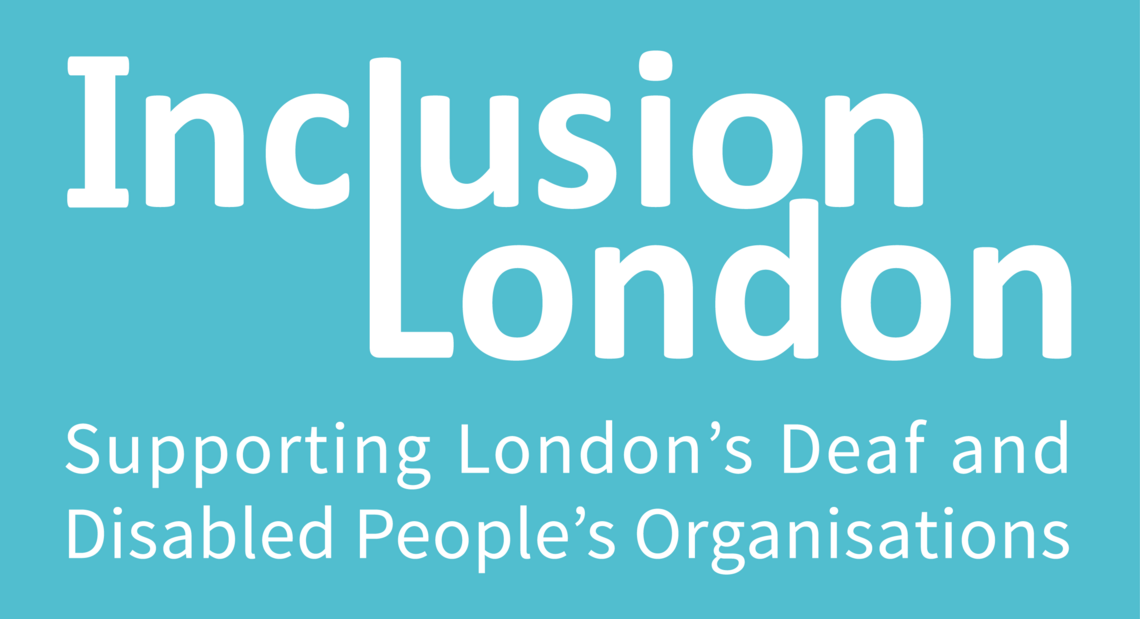
Inclusion London:
We support Deaf and Disabled people’s organisations in London and campaign for equality for Deaf and Disabled people.Inclusion London
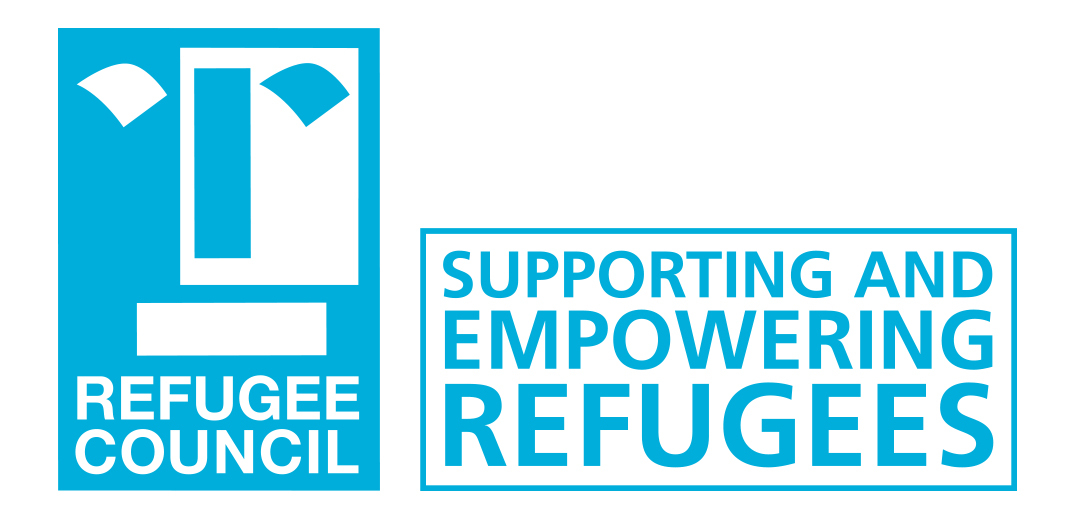
Refugee Council:
We are one of the leading charities in the UK working directly with refugees and asylum seekers and supporting them to rebuild their lives.Refugee Council
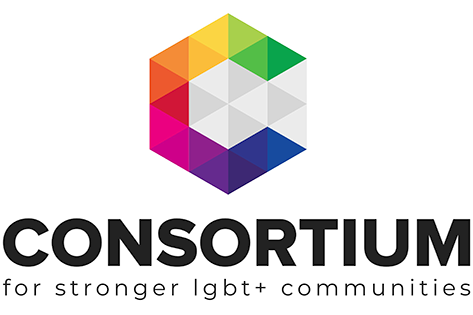
Consortium:
We are a national specialist infrastructure and Membership organisation, working to strengthen and support LGBT+ groups, organisations and projects so they can deliver direct services and campaign for individual rights.Consortium
In addition we are going to have the specialist skills of Superhighways to call on to support the production and dissemination of innovative learning resources; Drew Mackie and David Wilcox will be providing expert advice and support on both the technical aspects of mapping, network analysis and sharing learning, and the key ingredient of making this work accessible, exciting and useful.
